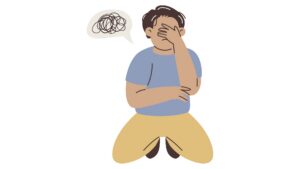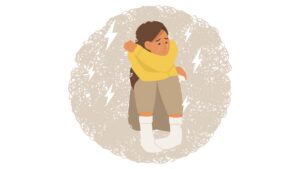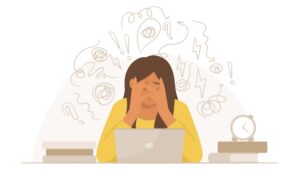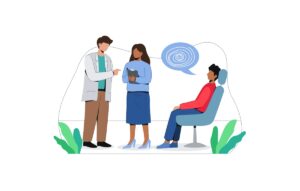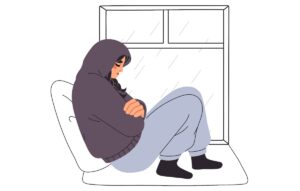When to Seek PHP Support
For many adolescents and young adults, social media is a constant presence. While it can connect peers and create a sense of belonging, research shows it can also contribute to increased anxiety, stress, and depression. Parents and caregivers often wonder: When is social media use simply part of being a teen, and when is it a sign that a higher level of care is needed?
At PRI Treatment Center, we specialize in supporting adolescents (ages 10–17) and young adults (ages 18–26) through Partial Hospitalization Program (PHP). Structured yet flexible treatment that helps when outpatient therapy is not enough.
The Link Between Social Media and Anxiety
Increased comparison: Teens often compare themselves to curated, “perfect” images online, fueling self-doubt and social anxiety.
- Fear of missing out (FOMO): Seeing peers at events or milestones heightens exclusion.
- Sleep disruption: Late-night scrolling worsens anxiety and mood symptoms.
- Cyberbullying: Online harassment raises risks for depression and isolation.
CDC data (2023): Nearly 1 in 3 U.S. high school students reported poor mental health most or all of the time in the past month. Anxiety was a leading factor.
Why Parents Sometimes Overlook the Signs
Parents often assume that heavy social media use is just “part of growing up.” While it’s true that most teens spend hours online, anxiety tied to digital use can be subtle. Warning signs often blend into normal adolescent behavior—like moodiness, pulling away from family, or spending more time alone. But when those patterns escalate, it may be more than typical teen stress.
Being able to distinguish what’s normal from what’s concerning is key.
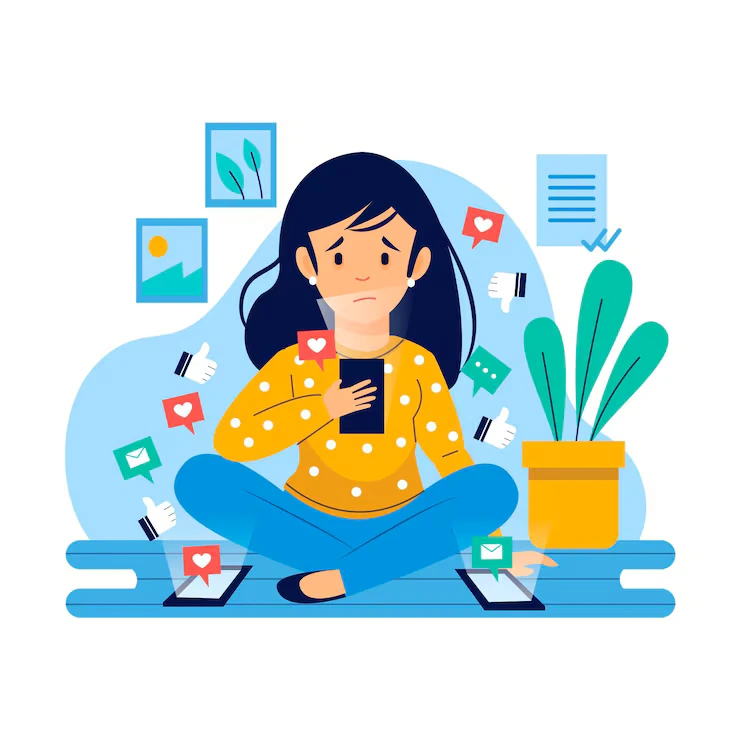
Signs Parents Should Pay Attention To
Parents and caregivers should take a closer look if they notice:
- Drastic changes in mood after scrolling or posting. For example, irritability, crying, or emotional shutdown after online interactions.
- Obsessive checking behaviors. If your child can’t put their phone down without panic or anxiety, this may signal deeper issues.
- Withdrawal from offline life. Teens may skip activities, avoid friends, or isolate themselves in their room.
- Changes in sleep and appetite. Staying up late on social media or skipping meals due to stress from online drama.
- Heightened secrecy. Hiding screens, creating private accounts, or becoming defensive when asked about social media.
These are red flags that anxiety is moving beyond “normal” teen stress—and may require a structured intervention.
When Outpatient Therapy Isn’t Enough
Traditional outpatient therapy is helpful for many, but some adolescents and young adults need more intensive, daily support. If anxiety is impacting school performance, relationships, or family stability, a higher level of care may be needed.
This is where a Partial Hospitalization Program (PHP) makes the difference.
How PHP Programs Provide the Right Level of Support
A PHP bridges the gap between outpatient and inpatient care. At PRI, our PHPs include:
- Daily therapeutic support (individual and group sessions).
- Evidence-based care (CBT, DBT, trauma-informed approaches).
- Skill-building sessions to manage anxiety without harmful coping strategies.
- Family involvement to help caregivers support recovery.
This structured, daily treatment is what makes PHP different from outpatient therapy—it provides the intensity students need while still living at home.
Joint Commission Accreditation, DHCS License,
& Clinical Partnership with CPCMG
Joint Commission Accreditation, DHCS License, & Clinical Partnership with CPCMG
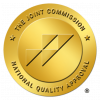



In Clinical Partnership With
PRI Treatment Center is proud to clinically partner with Children’s Primary Care Medical Group San Diego to expand access to high-quality mental health services. Together, we’re bridging the gap between primary care and mental health to better support the well-being of children and families in our shared community.
Frequently Asked Questions
Does social media cause anxiety in teens?
Social media doesn’t cause anxiety by itself, but overuse, cyberbullying, and constant comparison can trigger or worsen symptoms.
How do I know if my teen needs PHP for anxiety?
If anxiety leads to withdrawal, panic attacks, or declining school performance, a PHP may be the right level of care.
Taking the Next Step as a Parent
As a parent, it’s easy to dismiss social media struggles as “normal teen behavior.” But when anxiety starts interfering with sleep, school, relationships, or your child’s overall well-being, it’s time to seek professional help.
At PRI Treatment Center in La Jolla, CA, we meet families where they are. Our PHP programs are designed to help adolescents and young adults regain balance, develop healthier coping strategies, and reconnect with their lives—both online and offline.
Call PRI Treatment Center today or verify your insurance benefits to see if a PHP program is the right next step for your family.
Quick Takeaways
- Social media can significantly worsen anxiety in teens and young adults.
- Parents should watch for signs like mood swings, withdrawal, secrecy, and academic decline.
- Outpatient therapy may not be enough when anxiety interferes with daily life.
- PHP care at PRI provides structured, daily support that helps adolescents and young adults heal and thrive.
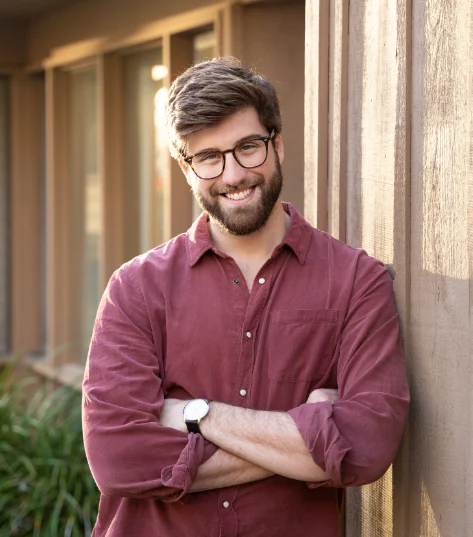
Dr. Warter received his doctorate in Clinical Psychology from The Wright Institute in Berkely, California, completed his Predoctoral Internship at USC’s Children’s Hospital Los Angeles, and was a Postdoctoral Researcher at USC’s Institute for Integrative Health and Wellness. Dr. Warter has also been trained at UCSF School of Medicine, Kaiser Permanente, and in community clinics in rural, underserved communities in Argentina and Paraguay. Dr. Warter has received training in providing parents with guidelines to help prevent behavior problems and enhance communication skills and strategies to promote children’s social, emotional, and academic competence. Dr. Warter has also published and presented at the University of Naples and the University of Buenos Aires on subjects related to Third Culture Kids and the impacts of Social Media on Personality and Self Esteem.

